Please see below for this weeks funding opportunities:

Strategic Longer and Larger Grants
The Biotechnology and Biological Sciences Research Council invites outline proposals for its longer and larger responsive research grants (sLoLa). These support research projects requiring longer time scales, extensive resources or multidisciplinary approaches.
Applications must address at least one of the BBSRC’s strategic priority areas. For 2015, applications are particularly encouraged in the specific strategic area of understanding complex microbial communities and its sub-areas of biofilm formation, the human or animal microbiome, anti-microbial resistance and soil.
Funding typically supports integrated research projects requiring long timescales, extensive resources and/or multidisciplinary approaches.
Proposals must be over £2M (FEC project value net of any industrial contribution) and can be up to 5 years in duration.
Research funded through a strategic LoLa must:
- Be scientifically excellent
- Demonstrate exceptional relevance to one or more of our strategic priorities
- Demonstrate an understanding of the potential for impact
- Be conducted by an internationally leading research team
All proposals must be within our scientific remit. Multidisciplinary proposals are encouraged but potential applicants are strongly advised to contact us (email contact below) beforehand to discuss their application if aspects of the proposal are outside our remit.
Closing Date: 14th April 2015.
Multi-Disciplinary Low Carbon Fuels
EPSRC, as part of the Research Councils UK (RCUK) Energy Programme, invites proposals for collaborative research projects to undertake fundamental research that will advance low carbon fuels generation toward deployment. Proposals submitted to this call must be multi-disciplinary in nature and seek to solve the issues outlined below.
This call is aimed to address low carbon fuel generation. EPSRC expects bids to be cross-cutting and involve several disciplines, research areas and fuel types. Bids that do not sufficiently work across research areas will be rejected.
There should be a single submission from a single principal investigator (PI) for each proposal, though bids can be multi-institutional. In order to focus effort applicants are only permitted to be involved in a maximum of two proposals; as a PI on one proposal and a co-investigator on another proposal or as a co-investigator on a maximum of two proposals.
Applicants wishing to submit a proposal must register their intent to submit before 16.00 on 10 March 2015. Applicants must submit the names of researchers, institutions, project partners, the approximate cost of the grant and the research areas to EnergyTeam@epsrc.ac.uk. Applicants who do not register their intent to submit before the deadline will have their applications rejected. This stage is used to help us identify reviewers and panel members.
Closing Date: 16.00 on 28 April 2015 with up to £6M available from EPSRC for this call. Projects may be for up to four years. EPSRC expects to support three or four proposals.
Reducing Motorcyclists’ Casualties In Wales
The ‘Innovation in Reducing Motorcyclist Casualties in Wales’ project is a new national competition launched by the Welsh Government to drive forward Wales’ innovation agenda.
This competition is funded by the Welsh Government and Innovate UK, and jointly run with RoSPA Wales. The competition will identify innovative projects that can help the Welsh Government to reduce the number of motorcyclists killed or seriously injured on Welsh roads in particular accidents occurring at junctions. Organisations are invited to compete for a share of a total of £510,000 in funding for the prototype development and demonstration of innovative technologies.
The challenge will be to develop an effective intervention or technological feature that provides demonstrable improvements in the safety of motorcyclists, either by reducing the likelihood of a collision occurring, or by lessening the impact of a collision.
For further information, a Briefing Event will be held on 18 February. You can register for this event via this link: https://wales.business-events.org.uk/en/events/briefing-event-innovation-competition-motorcyclist-casualties/.
Key Timeline information
| Competition Opens |
13 January 2015 |
| Briefing Event |
18 February 2015 |
| Deadline for Registration |
Noon 2 March 2015 |
| Deadline for receipt of applications |
Noon 9 March 2015 |
| Shortlisted finalists informed |
16 March 2015 |
| Selection Panel Interviews |
23 March 2015 |
| Applicants informed |
30 March 2015 |
| Feasibility projects commence |
1 May 2015 |
| Feasibility projects end |
30 October 2015 |
Production line readiness for high-value manufacturing.
Innovate UK is to invest up to £1 million in late-stage experimental development projects to help companies bring recent technology innovations closer to the point of manufacturing readiness. This competition builds on our previous investments in high-value manufacturing feasibility studies and collaborative R&D projects.
We are seeking proposals that focus on ‘experimental development’, as defined here interact.innovateuk.org/funding-rules. This work could be a series of pilot-line production trials involving a novel approach to shorten the pre-production phase, or production technologies aimed at more cost-effective maturation of processes and equipment.
The competition is open to a single company or to collaborative consortia. Projects must be led by a company and we expect them to range in size from £200,000 to a maximum of £500,000 in total costs.
Collaborative projects may involve other companies and/or research technology organisations as partners. Universities cannot participate as funded partners or sub-contractors because there should be no research activity in the projects. The main activity must be experimental development and funding will be at 35% for SMEs and 25% for large companies. We expect projects to last around 9 months and to be completed by 31 March 2016.
This competition opens for applicants on 16 February 2015. The deadline for registration is at noon on25 March 2015 and the deadline for applications is at noon on 1 April 2015.
A briefing event for potential applicants will be held in London on 25 February 2015.
Important Dates:
| Competition opens |
 16 February 2015 |
| Competition briefing |
25 February 2015 |
| Registration deadline |
 Noon 25 March 2015 |
| Deadline for applications |
Noon 1 April 2015 |
Using critical zone science to understand sustaining the ecosystem service of soil and water.
NERC in the UK and the National Natural Science Foundation of China (NSFC) are investing in a strategic research programme to understand and seek ways to address the challenges faced for the delivery of China’s ecosystems services in association with their agricultural production and urbanisation.
Expressions of Interest are invited for a call under this programme. This call is supported by the UK through the Newton Fund which forms part of the UK governments Official Development Assistance (ODA) commitment and is only open to joint UK-China applications.
The call for proposals will be undertaken as a three stage process.
- An Expression of Interest (EoI) must be submitted via email by the 6 March 2015 deadline. EoI’s will be sifted based on remit and strategic requirement to ensure the programmes objectives are met. Successful applicants will be invited to submit full proposals.
- Successful applicants at the EoI stage will also be asked to attend a short meeting in early-April, possibly in China, at which NERC and NSFC will provide further advice and context (details to be confirmed).
- Full proposals will be submitted via Je-S by the deadline 7 May 2015. Full proposals will go through external peer review and then to a moderating panel. Successful full proposal teams will attend a kick-off workshop in 2016 where they will identify integrative and coordination activities between the different grants.
The programme aims to cover all of the following objectives, with individual proposals expected to address one or more of the following:
- understand the importance of spatial variation and scale (from field to landscape) on the ability of soils and water within the critical zone (CZ) to perform their multiple functions
- development of modelling approaches and improvement of model skill, with the integration of wider disciplines, in the prediction of resilience
- within the context of environmental stressors within China (eg erosion, pollutants, extreme weather, changing agricultural practices, and water availability), seek to understand and improve the resilience of soils and water to perturbations.
All applications must be collaborations between UK and Chinese researchers. Applications to this call must be in English.
Expression of Interest forms must be submitted via email as a word document both to NERC atczo@nerc.ac.uk by 08:00 (GMT) and NSFC at xoc@nsfc.gov.cn by 16:00 (CST) on 6 March 2015.

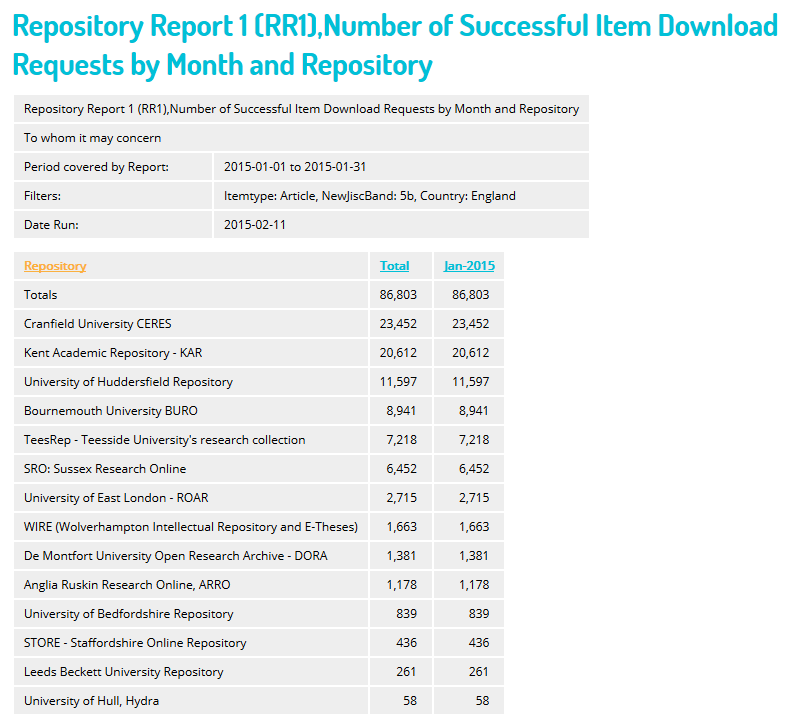
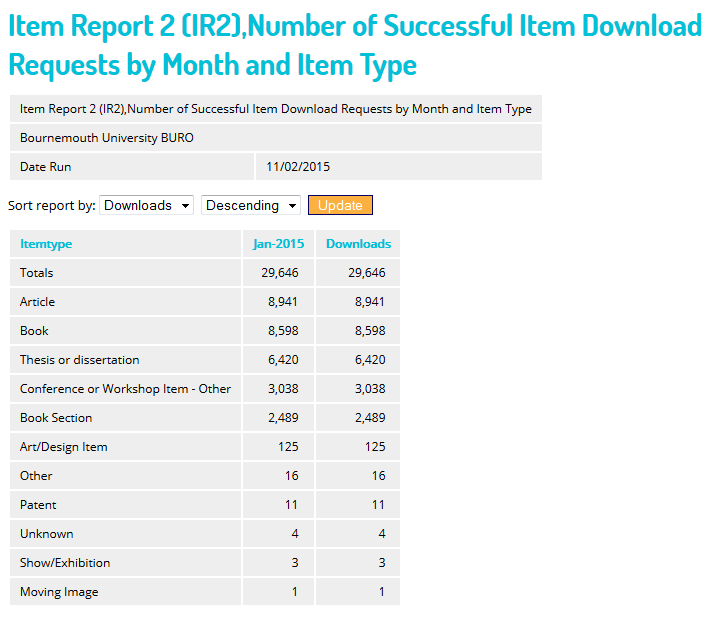



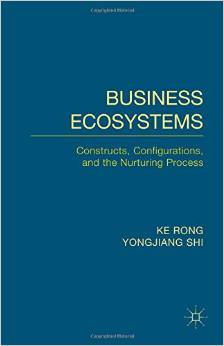




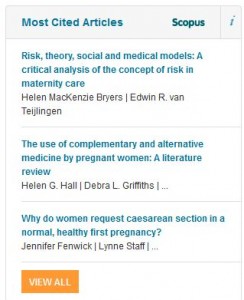




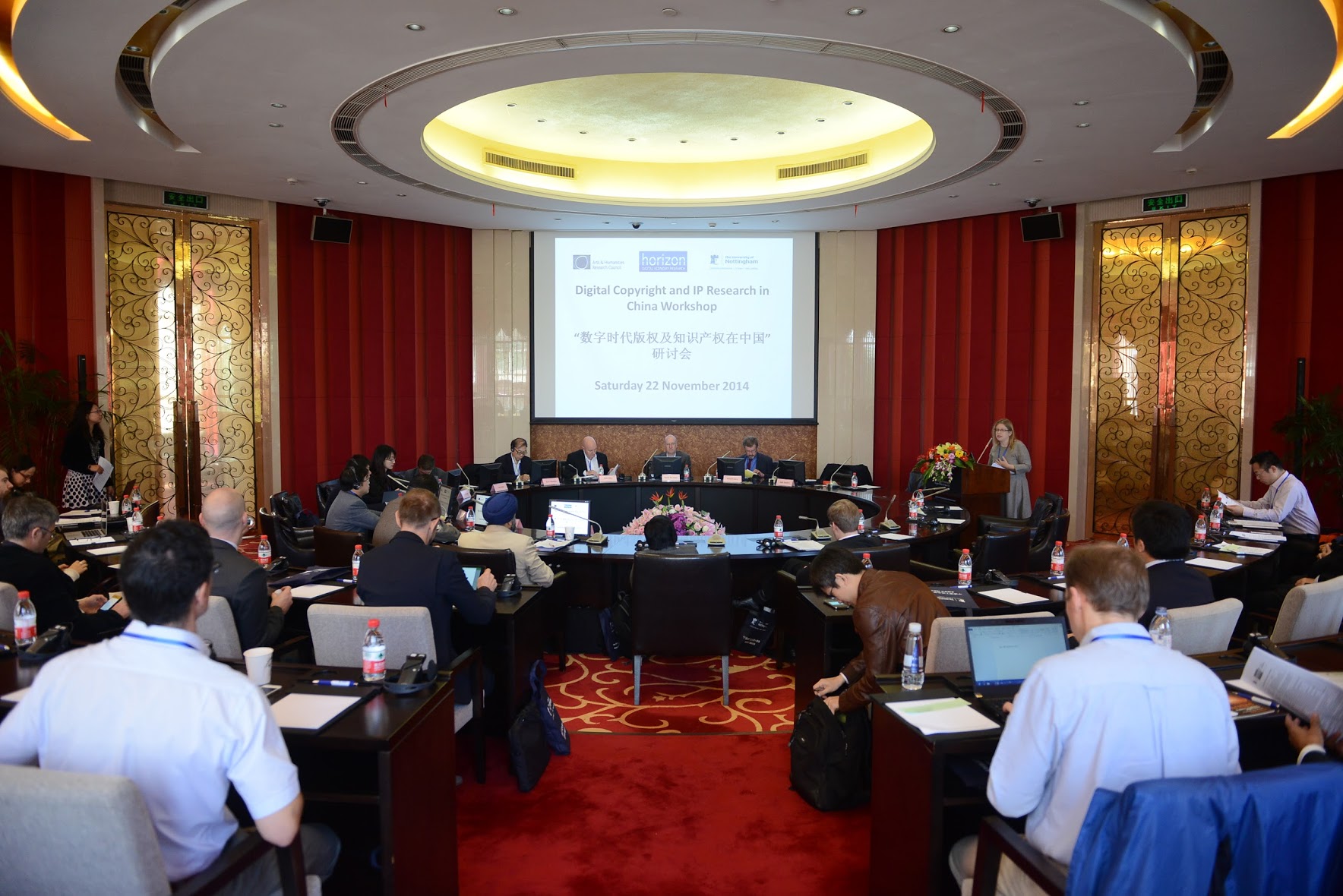














 FHSS academics teaching in Nepal
FHSS academics teaching in Nepal New weight change BU paper
New weight change BU paper One week to go! | The 16th Annual Postgraduate Research Conference
One week to go! | The 16th Annual Postgraduate Research Conference Geography and Environmental Studies academics – would you like to get more involved in preparing our next REF submission?
Geography and Environmental Studies academics – would you like to get more involved in preparing our next REF submission? Congratulations to three former BU staff
Congratulations to three former BU staff MSCA Staff Exchanges 2024 Call – internal deadline
MSCA Staff Exchanges 2024 Call – internal deadline Applications are now open for 2025 ESRC Postdoctoral Fellowships!
Applications are now open for 2025 ESRC Postdoctoral Fellowships! Horizon Europe – ERC CoG and MSCA SE webinars
Horizon Europe – ERC CoG and MSCA SE webinars MaGMap: Mass Grave Mapping
MaGMap: Mass Grave Mapping ERC grants – series of webinars
ERC grants – series of webinars